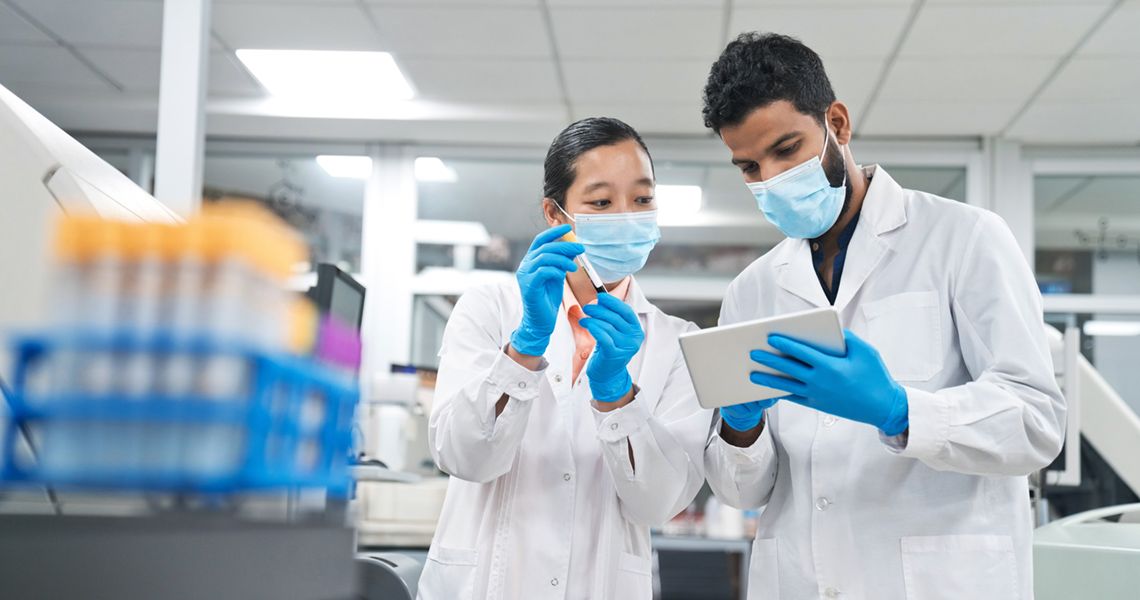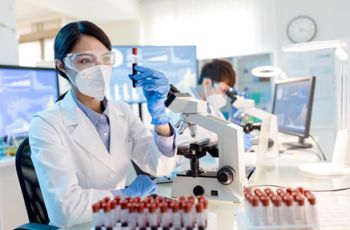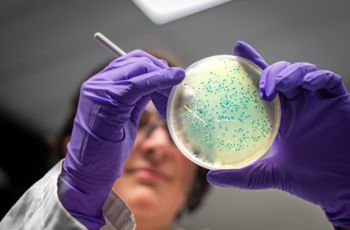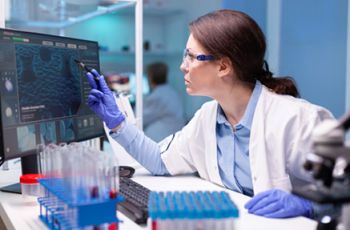In the intricate ecosystem of health care, medical laboratory professionals — including medical laboratory technicians (MLTs), medical laboratory scientists (MLSs), histotechnologists, and cytotechnologists — serve as the unsung heroes behind accurate diagnoses and effective treatments. However, a growing shortage in this vital workforce poses significant challenges to patient care and the overall efficiency of health care systems.
The Scope of the Shortage
The United States is grappling with a substantial deficit in laboratory personnel. While the Bureau of Labor Statistics projected a need for 10,000 new medical laboratory professionals annually, academic programs are producing only about 5,000 graduates each year. This gap is exacerbated by an aging workforce, with more than 60% of current laboratory professionals approaching retirement age. ASCLS+1Clinical Lab Products+1PRS Global
Several factors contribute to this shortage:
- Aging Workforce: Many experienced professionals are retiring, leading to a loss of expertise and mentorship for new entrants.
- Educational Bottlenecks: The number of medical laboratory training programs has decreased by 15% in the past decade, limiting the influx of new professionals. PRS Global
- Limited Awareness and Recognition: Laboratory roles are often behind the scenes, leading to a lack of public awareness, which hampers recruitment efforts. Lab Testing Matters
Impact on Patient Care
The shortage of laboratory personnel has direct and profound effects on patient care:
- Delayed Diagnoses: With fewer staff, laboratories struggle to process tests promptly, leading to delays in diagnosis and treatment. heraldsun
- Increased Workload and Burnout: Remaining staff are often overburdened, leading to burnout and a higher risk of errors. heraldsun
- Compromised Quality of Care: Staffing shortages can lead to compromised quality standards, as laboratories may struggle to maintain accuracy and reliability in test results. Clinical Basics
Opportunities in the Laboratory Profession
Despite these challenges, the current landscape presents significant opportunities for individuals considering laboratory science careers:
- High Demand and Job Security: The critical shortage ensures strong job prospects and security for qualified professionals. ASCLS
- Competitive Salaries and Benefits: While salaries vary based on experience, geographic location, and job level, according to Garcia et al. (2024), the average annual wages for an MLT (associate degree level) range from $56,968.26 to $63,082.34, for an MLS (bachelor’s degree level) the range is $75,918.73 to $94,482.62, and laboratory manager and director average salaries are $122,53989 and $124,121.88, respectively.
- Meaningful Work: Laboratory professionals play a crucial role in patient care, contributing to life-saving diagnoses and treatments.
- Diverse Career Paths: The field offers various specializations and opportunities for advancement, including roles in research, education, biotechnology, and management. It also allows graduates to expand their education through graduate degree programs, such as master’s degrees and the Doctorate in Clinical Laboratory Science (DCLS).
Addressing the Shortage: Steps Forward
To mitigate the laboratory workforce shortage, several strategies are being implemented: Clinical Lab Products
- Legislative Initiatives: The Medical Laboratory Personnel Shortage Relief Act of 2024 provides grants to accredited institutions to train more clinical lab staff and add medical laboratory professionals to the National Health Service Corps. Representative Deborah Ross
- Educational Programs: Efforts are underway to increase the number of training programs and provide alternative pathways into the profession, such as master's degree programs for individuals with general science backgrounds. Clinical Lab Products
- Awareness Campaigns: Organizations such as the American Society for Clinical Laboratory Science are raising awareness about the profession and its critical role in health care. en.wikipedia.org+1Quest Diagnostics+1
GW SMHS has been a pioneer in the laboratory sciences for more than 80 years, educating and training the next generation of laboratory professionals. To address the laboratory workforce needs, GW’s Department of Biomedical Laboratory Sciences offers numerous pathway programs designed for adults at multiple stages of their lives, leading individuals to laboratory science careers. All of our programs are either fully online or are hybrid (a mixture of online and in-person). Our hybrid programs are designed so that students only have to come to campus for a limited period – at least one of the programs only requires students to attend an in-person lab for one week*. Below are all of the pathways to the laboratory career provided by GW SMHS BLS:
For individuals who do not yet have a Bachelor of Science (BS) degree:
- BSHS in MLS (MLT to MLS - fully online)
- BSHS in MLS hybrid
- BSHS in Medical Genetics and Molecular Biology (MGMB) - MLT to Molecular Biologist (fully online)
- BSHS in MGMB hybrid
- BSHS in Clinical Embryologist and Assisted Reproductive Technology* (CERT - hybrid)
For individuals who already have a BS degree and want to move into the career as quickly and inexpensively as possible:
- Post-baccalaureate Certificate (PBC) in Medical Laboratory Science (MLS)
- PBC categorical - individual subject areas:
For individuals who already have a BS degree and want a graduate-level degree that will allow them to move into a laboratory science career:
For individuals who are already laboratory professionals and want a graduate-level certificate that will help them move into lab management:
For individuals who are already laboratory professionals and want a graduate degree that will help them move into a supervisory or administrative position:
Conclusion
The laboratory workforce shortage is a pressing issue with far-reaching implications for health care delivery. Addressing this crisis requires concerted efforts from educational institutions, health care organizations, policymakers, and the public to recognize the vital role of laboratory professionals and invest in the future of this essential workforce. We are proud of the various pathways we have at GW SMHS that are playing a role to fill the laboratory workforce shortage gap with the ultimate goal to provide high-quality patient care.
Need more assistance determining which program is right for you? Get in touch with an admissions representative.



